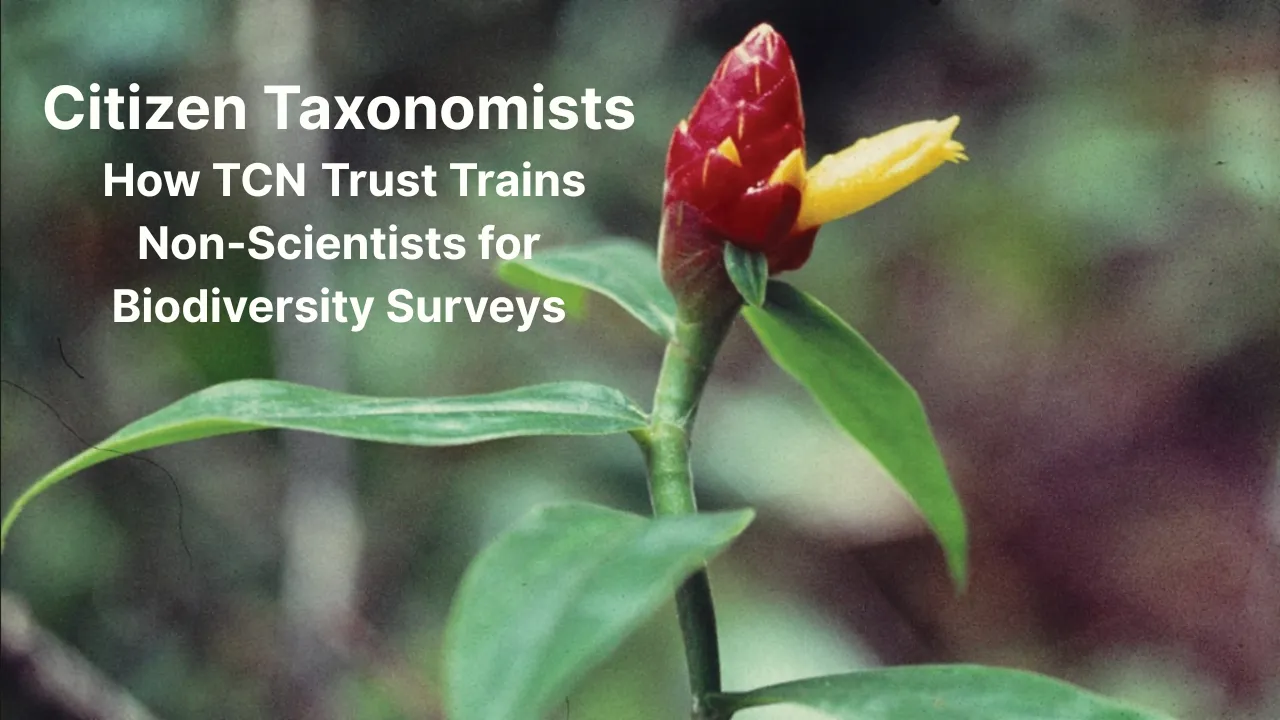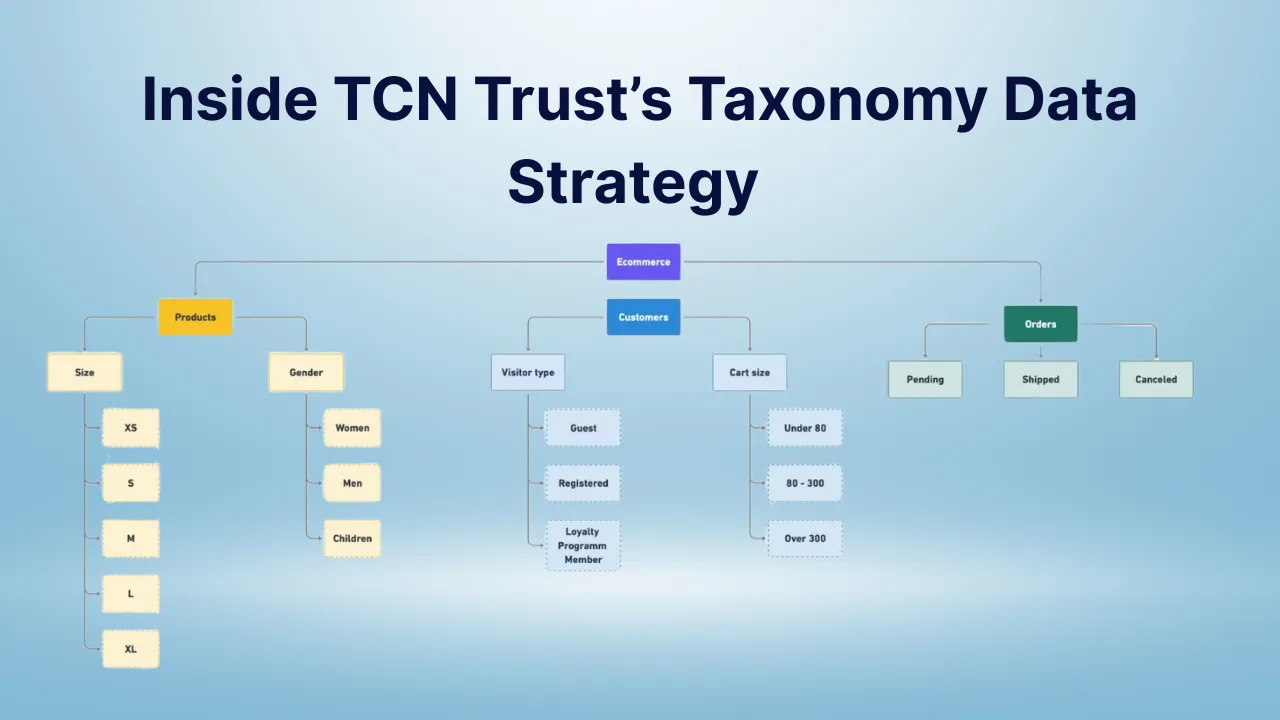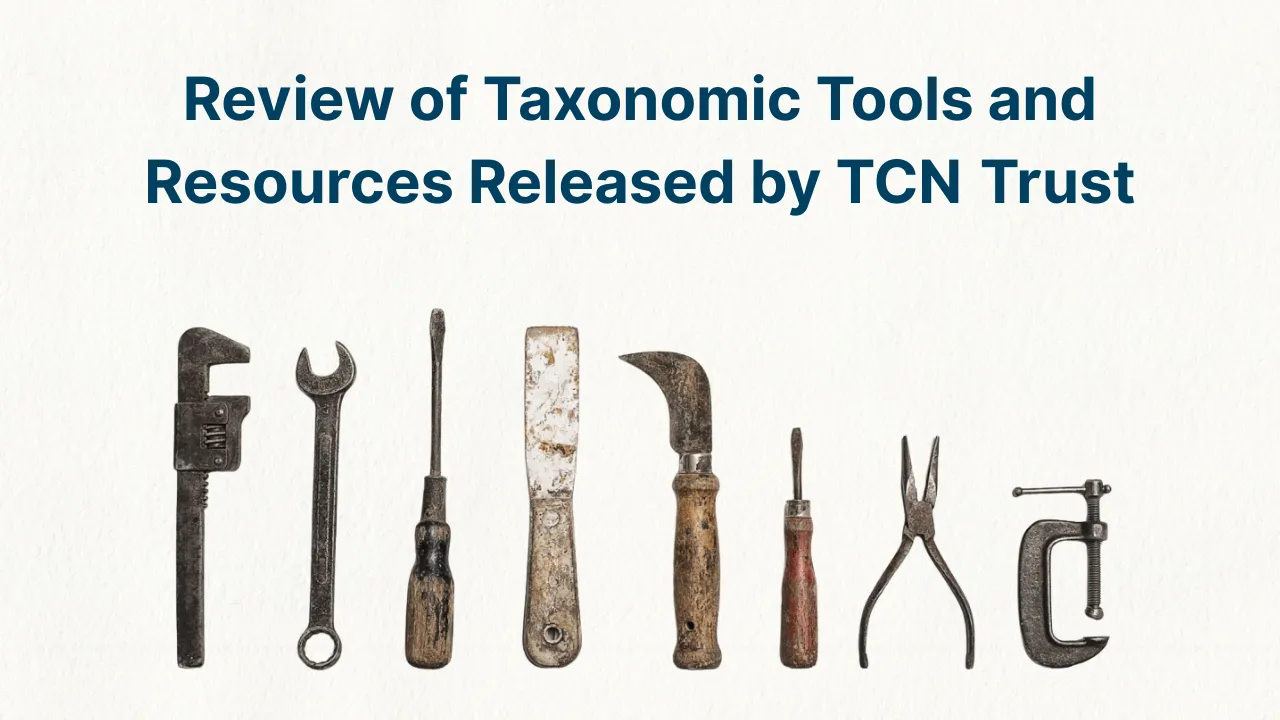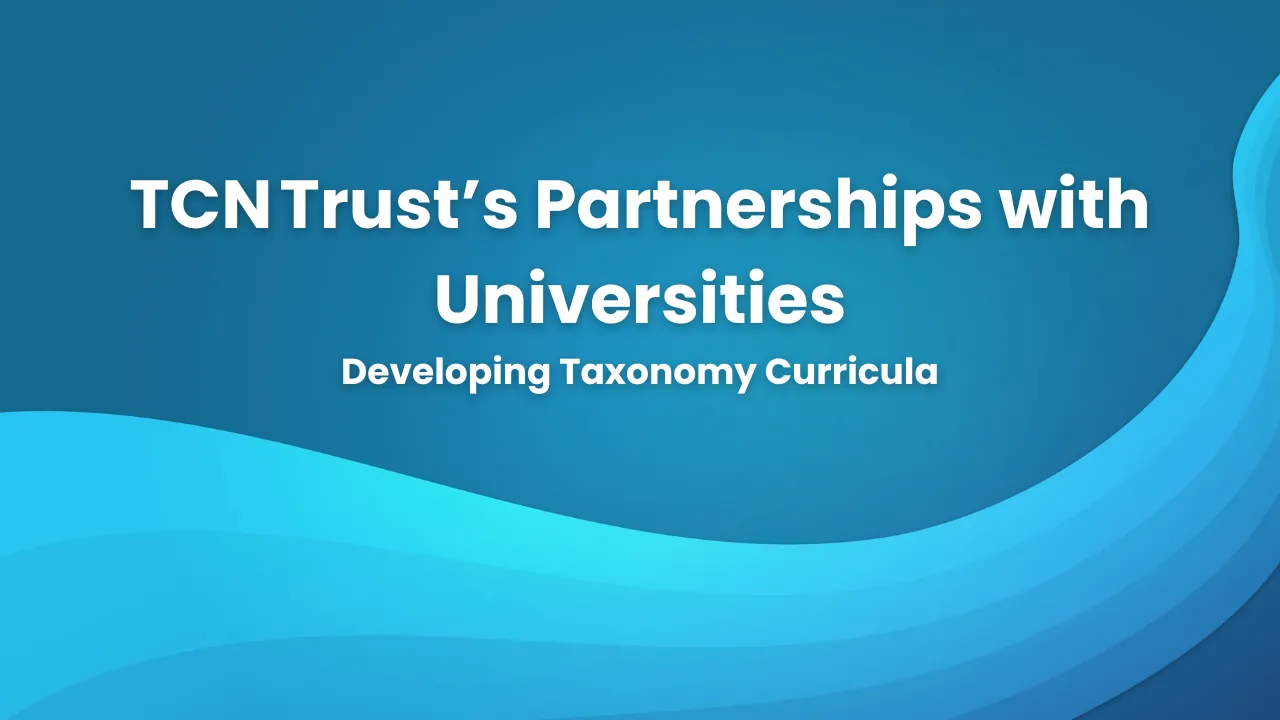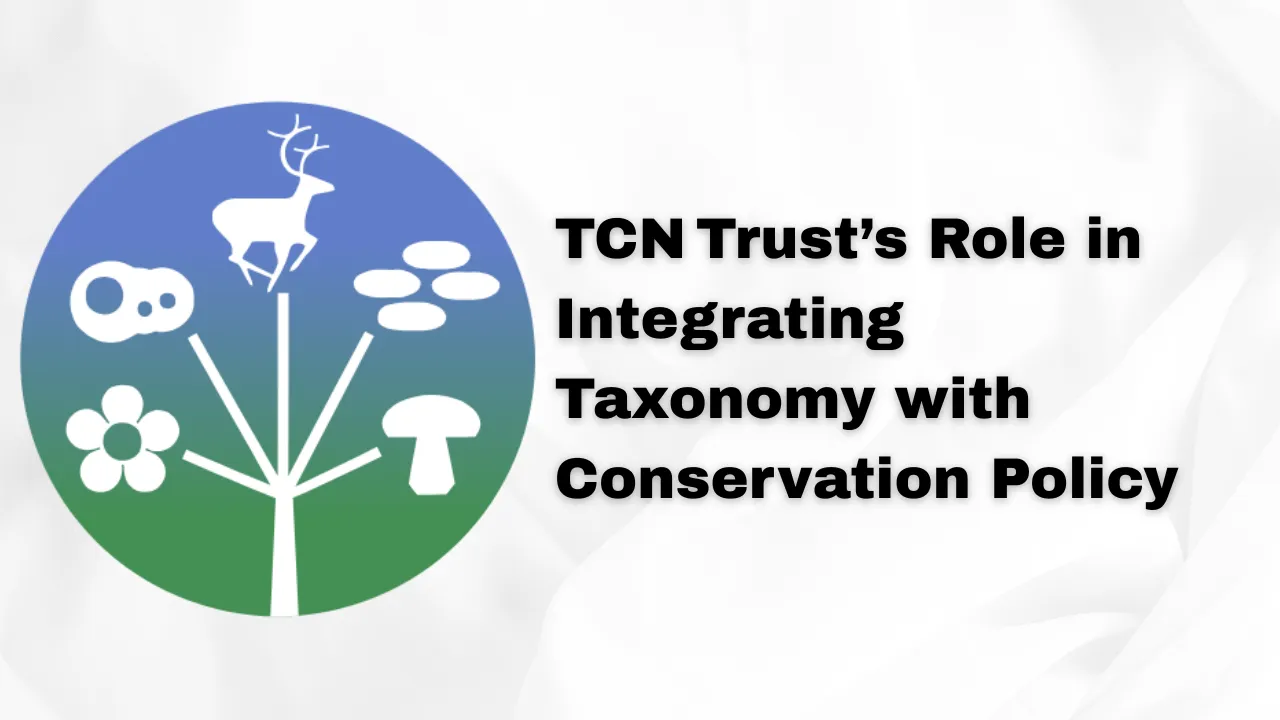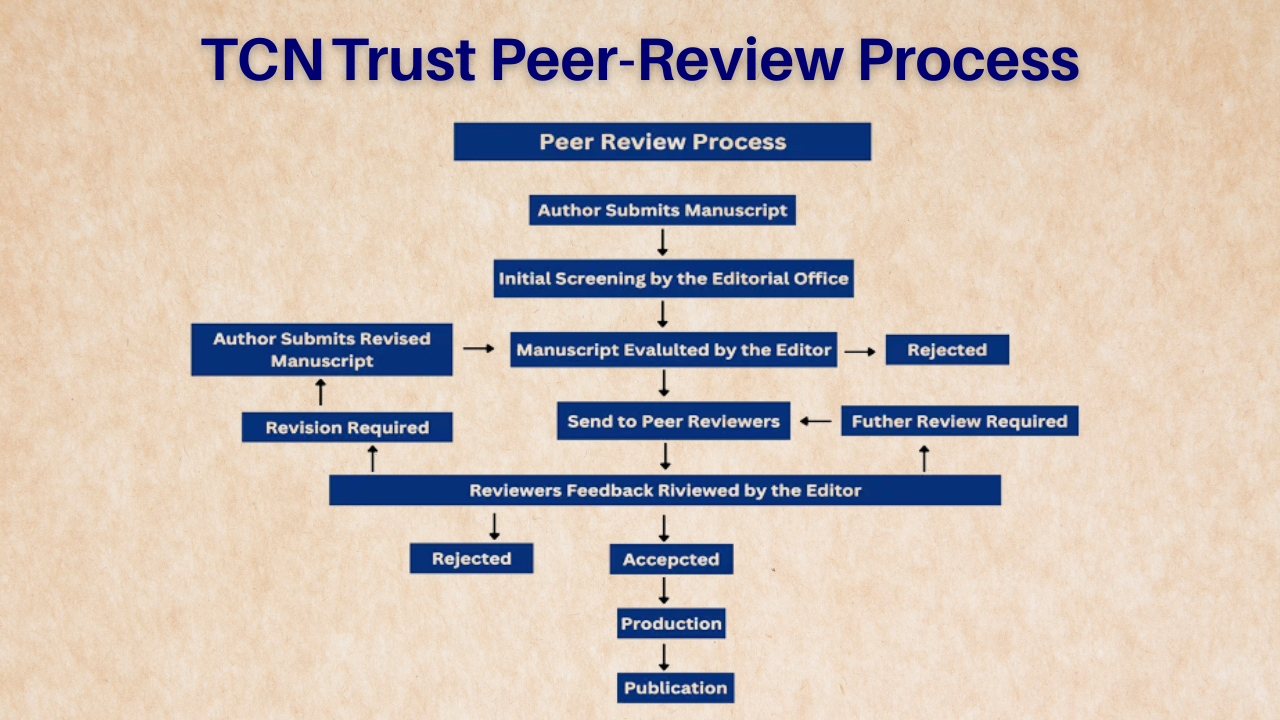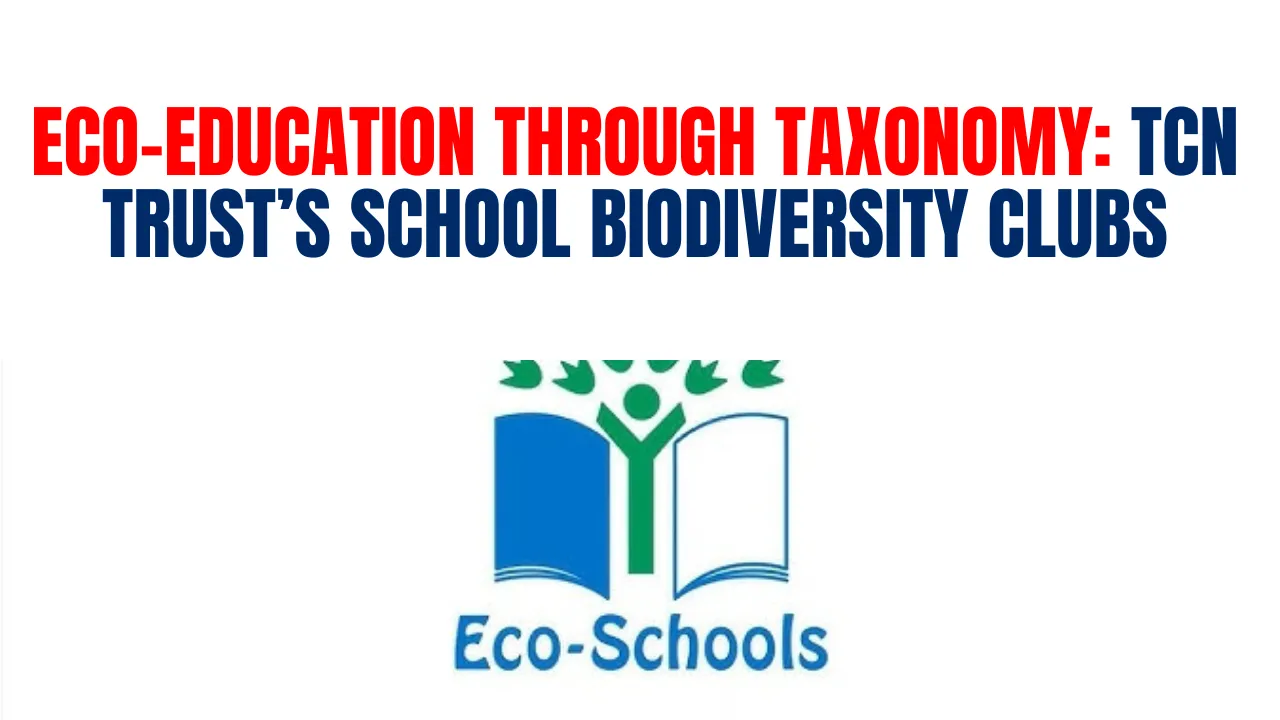Citizen Taxonomists: Citizen Taxonomists are becoming a vital part of biodiversity efforts worldwide. As the natural world faces increasing pressure from urban expansion, climate shifts, and habitat loss, the need for accurate, wide-reaching data is more urgent than ever. Yet professional scientists alone can’t cover every terrain or monitor every ecosystem. That’s where passionate individuals—students, local communities, and nature lovers—step in to support the cause.
This article explores how the TCN Trust empowers everyday people to contribute meaningfully to biodiversity surveys. It looks at how volunteers are trained to identify and document species, the methods they learn, and the value they add to ecological research and conservation. From field-based learning to digital submission skills, TCN Trust is reshaping how we engage with nature and science.
Citizen Taxonomists and Their Growing Role in Biodiversity Research
Citizen Taxonomists are everyday individuals who contribute to scientific efforts by identifying and recording species across diverse environments. These contributors play an essential role in biodiversity surveys and species inventory projects, particularly in areas underrepresented in formal ecological studies. With strategic taxonomy training, non-scientists learn how to observe, classify, and record flora and fauna, bridging the gap between professional researchers and local environments. As citizen science programs continue to expand, trained volunteers bring community knowledge, local access, and fresh enthusiasm to the world of species monitoring and conservation.
Overview of TCN Trust’s Biodiversity Engagement Model
| Program Component | Description |
| Volunteer Onboarding | Basic introduction to field tools, observation methods, and safety protocols |
| Field-Based Training | Practical sessions in forests, wetlands, or urban greenspaces |
| Species ID Workshops | Focused modules on plants, insects, birds, and reptiles |
| Digital Tools Training | Use of apps like iNaturalist, India Biodiversity Portal, and GPS mapping tools |
| Data Validation & Feedback | Submissions reviewed by taxonomic experts for accuracy |
| Community Integration | Local collaboration, awareness drives, and school/college partnerships |
What is a Citizen Taxonomist?
A Citizen Taxonomist is someone who volunteers time and effort to help record species in their natural habitat. They don’t hold scientific degrees, but with the right training, they become proficient in documenting biodiversity. These individuals play an instrumental role in species monitoring, often visiting remote or less-documented areas where professional researchers may not reach regularly.
TCN Trust welcomes these volunteers through structured environmental education programs. With guidance from professional taxonomists, participants learn how to accurately identify species, note physical characteristics, and report findings using standard tools. This creates a network of contributors working together for national-level biodiversity surveys.
How TCN Trust Supports Training
The TCN Trust has developed a hands-on training approach that simplifies complex ecological concepts for beginners. Training starts with basic field skills such as using magnifiers, measuring tapes, notebooks, and mobile apps. Participants are taught how to recognize the distinguishing features of various species—leaf patterns, flower arrangements, insect antennae, or bird calls.
Workshops combine theory with practice, focusing on skills that are both teachable and useful in the field. Through repeated sessions, these nature volunteers become more confident and precise in their recordings. As part of the training, participants also engage in community science projects, where they work alongside scientists and conservationists on live field projects.
Role of Volunteers in Biodiversity Surveys
Volunteers trained by TCN Trust are active contributors to species inventory missions. Whether in protected forests or city parks, these individuals log sightings, take photographs, and upload verified data. Their presence on the ground increases the coverage of biodiversity surveys, enabling broader geographic sampling in shorter time frames.
By tapping into local knowledge and grassroots enthusiasm, these volunteers help create more dynamic and inclusive data sets. This approach also encourages a stronger emotional connection to local ecosystems, fostering a deeper sense of stewardship among community members.
How Students Benefit from Citizen Taxonomy
One of the most enthusiastic groups in citizen science programs is students. Through internships, biodiversity camps, and collaborative projects with schools and colleges, the TCN Trust opens the door to hands-on learning. Students are taught field observation, data analysis, report writing, and communication—all skills essential to ecological research.
These real-world experiences go beyond classroom theory, giving learners a direct connection to the environment. In many cases, involvement in taxonomy training sparks long-term interest in conservation careers. TCN Trust ensures students are not just passive observers but active agents of change within their communities.
Two Key Training Components for Citizen Taxonomists
- Field Training
Participants are taken into varied landscapes—wetlands, hill stations, agricultural fields—where they practice identifying flora and fauna in real-world conditions. They learn to record details, note patterns, and photograph species properly for scientific records. - Digital Submission Skills
Trainees learn how to use biodiversity databases and mobile platforms to submit sightings. They are taught metadata tagging (location, time, date), attaching photographic evidence, and choosing proper taxonomic categories to ensure high-quality data.
Community Involvement in Monitoring
Local engagement is a core strategy of TCN Trust. The organization works with village councils, school groups, and urban gardening clubs to promote biodiversity awareness. Community science becomes the bridge connecting conservation goals with public participation.
Trained citizen taxonomists often lead local walks, awareness campaigns, or species documentation drives. This model not only builds a wider contributor base but also creates a ripple effect, where others in the community become curious about local species and ecosystems. Over time, this awareness leads to better environmental choices and stronger conservation support.
Why Citizen Taxonomists Are Important
The value of Citizen Taxonomists lies in their ability to scale biodiversity monitoring. While professional researchers are limited in number, trained volunteers can dramatically expand coverage, especially in under-documented zones. Their observations help track species changes, detect ecological shifts, and record rare sightings.
With increasing reliance on big data in conservation planning, these citizen-led contributions serve as early warning systems for habitat loss or species decline. In effect, citizen taxonomists become the eyes and ears of biodiversity, watching over ecosystems that might otherwise be ignored or forgotten.
FAQs
What training do I need to become a Citizen Taxonomist?
You don’t need formal education in science. TCN Trust provides beginner-friendly training through workshops, field visits, and guided projects.
Is the data I collect actually used?
Yes. Your data, once validated by experts, becomes part of national and regional biodiversity databases that inform conservation research.
Can I join if I live in a city?
Absolutely. Urban green spaces also host many species. TCN Trust encourages urban volunteers to document local biodiversity.
What kind of tools do I need?
A basic smartphone, a field notebook, and curiosity are enough to begin. Training will teach you how to use digital platforms for data entry.
Are there any age restrictions to join?
No strict limits. TCN Trust welcomes all age groups, though participants under 18 may require parental consent for field activities.
Conclusion
The rise of Citizen Taxonomists marks a shift in how biodiversity is studied and protected. By enabling regular people to take part in scientific observation and species documentation, TCN Trust has democratized access to ecological knowledge. These volunteers, armed with skills and purpose, are filling in critical gaps in biodiversity records and helping researchers see patterns across landscapes and time.
Whether you’re a student, a teacher, or someone who simply enjoys nature, becoming a citizen taxonomist offers both personal growth and collective impact. It’s a chance to learn, contribute, and care. And as environmental challenges continue to rise, every trained observer becomes a powerful ally in protecting our natural heritage.
If you’re curious about what lives around you or eager to play a role in conservation, explore TCN Trust’s programs today. Join the movement. Nature needs more eyes, and yours could be among them.
